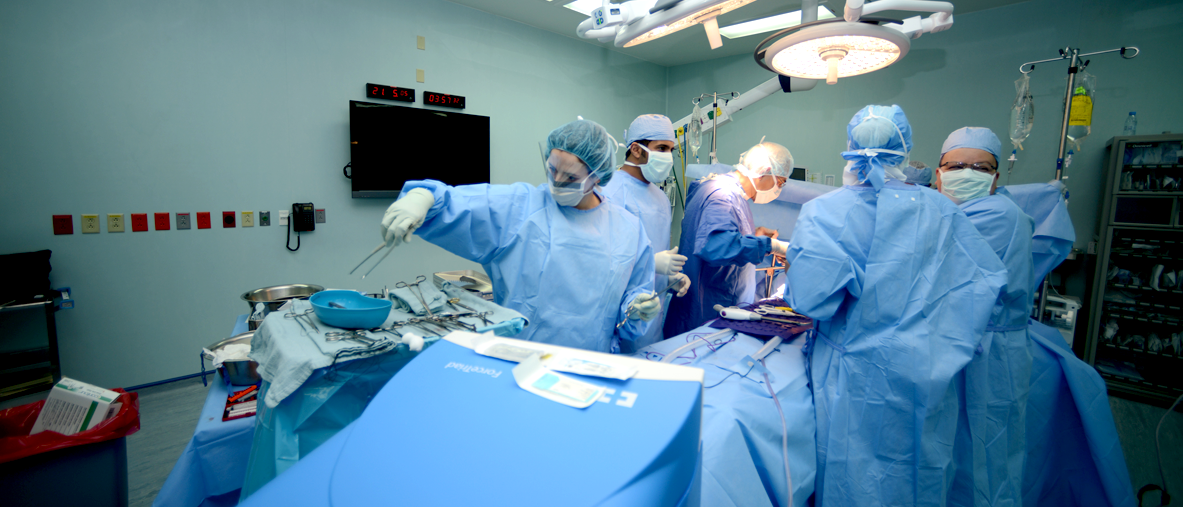King Faisal Specialist Hospital and Research Centre in Riyadh is Hosting an International Conference to Declare the Results of the Efforts Made for the Prevention of Colon Cancer
General

22
March
1347 cases of colorectal cancer per year in Saudi Arabia – women suffer from the disease at a younger age compared with men
In the light of the latest statistics of the National Cancer Registry, which revealed 1,347 new cases of colorectal cancer every year accounting for 11.5% of the total cases of cancer recorded annually in Saudi Arabia (SA), King Faisal Specialist Hospital and Research Centre (KFSH&RC) in Riyadh is gearing up to host an International Conference on Colorectal Diseases on Sunday, March 25. The 3-day conference to be held at the Kingdom Hall of the Four Seasons Hotel is expected to be attended by international medical organizations and institutions with an aim to develop advanced plans to control the disease.
Dr. Samar Alhomoud, the chairman of the organizing committee of the conference and colorectal surgery consultant at KFSH&RC-Riyadh, said that as per the latest data, 753 men as against 594 women suffered from the disease in a year, which constituted 55.9% and 44.1%, respectively. However, the statistics also revealed that the average age of women getting affected by the disease was 57 years compared with that of 60 years for men, adding that the five regions recording the most number of cases were Riyadh Region, Eastern Region, Northern Border Region, Makkah Region, and Al-Qassim Region.
The chairman of the organizing committee of the Saudi International Conference on Colorectal Diseases, Dr. Alhomoud, said that preparations for the conference started about a year ago through invitations to international centers and experts. This year, the focus is on the prevention and early screening of the disease to meet the objectives of the Saudi Arabia 2030 vision to achieve a balanced health pattern for all. A multipronged awareness campaign through the electronic and social media of the KFSH&RC is under way. A day-long educational campaign has also been scheduled at KFSH&RC-Riyadh on Thursday, 12 Rajab, March 29 to raise the level of health awareness among people as a key element of the efforts for the prevention of the disease.
Dr. Alhomoud pointed out that the most common disease confronting colorectal surgeons was colorectal cancer, which is the second most prevalent cancer variant in Saudi Arabia next to breast cancer. She further drew attention to the increase in the number of cases of inflammatory bowel infections such as Crohn's disease and ulcerative colitis.
She added that the main causes of the spread of these diseases in Saudi Arabia were not known. However, several factors enhance the likelihood of getting affected by the disease, for example, changing lifestyle in our society, intake of unhealthy foods such as fast foods, over-consumption of meat, low consumption of healthy fiber-rich foods, and the increased rates of smoking and obesity.
Dr. Alhomoud stressed the importance attached by the organizing committee and the specialists to the declaration, for the first time from the land of Saudi Arabia, of the outcomes of the efforts made toward the prevention and early detection of the disease. The declaration to be made by the International Agency for Research on Cancer under the World Health Organization (WHO) during the conference holds special significance, as the WHO is considered by many countries the benchmark in this regard. Dr. Alhomoud said that these results would help many countries and health organizations develop their national plans and strategies for evolving prevention and early screening programs for colorectal cancer.